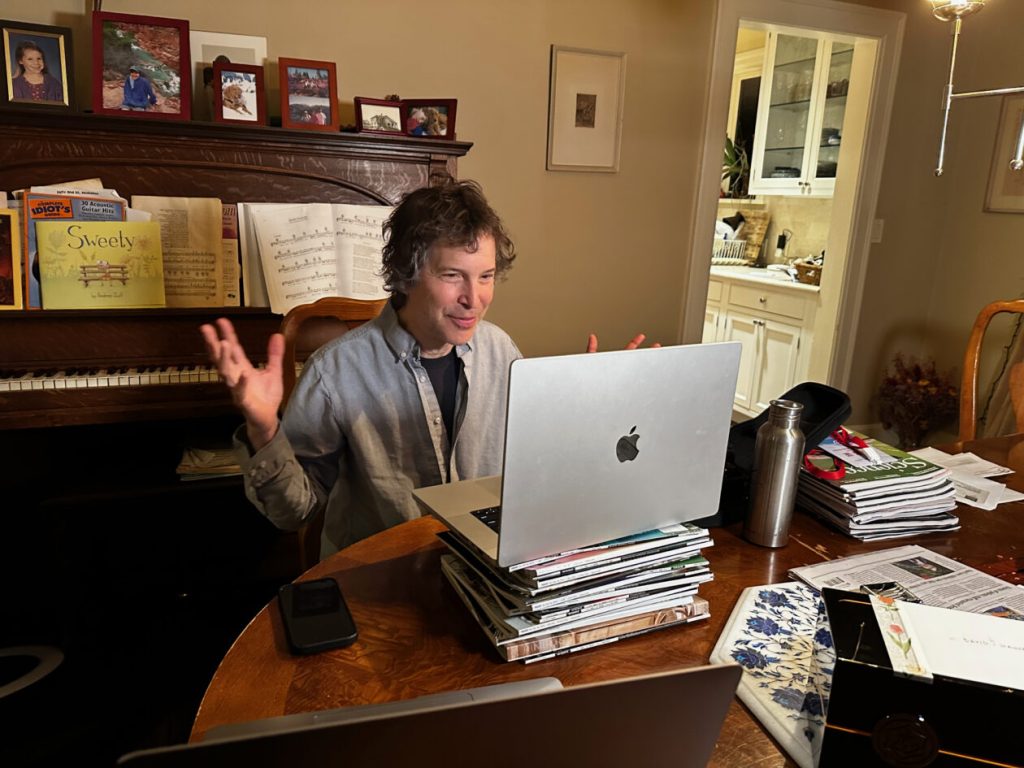University of Washington biochemist David Baker has been awarded the Nobel Prize in chemistry for his groundbreaking work on the molecular structure of proteins, which has led to advancements in medicine, materials, and startup companies. He shares the prize with Demis Hassabis and John Jumper of Google DeepMind, who have also made significant contributions to predicting protein structures. The Royal Swedish Academy of Sciences highlighted Baker’s ability to build entirely new kinds of proteins with practical applications such as pharmaceuticals, vaccines, nanomaterials, and sensors.
Baker’s research group developed an early protein design tool called Rosetta Commons, which was later turned into the Foldit game that engaged hundreds of thousands of users in designing proteins. This gamified approach to protein design led to the development of a protein binder for testing as a coronavirus-blocking agent during the COVID-19 pandemic. Baker’s collaboration with Google DeepMind and the use of artificial intelligence tools have further accelerated the pace of protein structure prediction, positioning them as global leaders in the field.
Half of this year’s Nobel Prize in chemistry, which includes a $1 million cash prize, will be awarded to Baker for his significant contributions to the field. His research has paved the way for the development of computationally designed protein medicine, including a vaccine for COVID-19. Baker’s work has also resulted in more than 100 patents and the creation of 21 biotech companies, some of which have been acquired for substantial amounts by pharmaceutical companies like Takeda Pharmaceuticals and AstraZeneca.
Baker’s technology for protein design from scratch has substantial implications for developing treatments for various diseases such as cancer, Alzheimer’s disease, and autoimmune diseases. Additionally, it can be used to produce chemicals that degrade plastics and other pollutants, as well as create new materials with potential applications in advanced electronics and other industries. Baker’s lab at UW has been described as transformational, with many predicting that he would eventually win the Nobel Prize for his groundbreaking work in biochemistry.
University of Washington President Ana Mari Cauce expressed pride in Baker’s achievement, highlighting his local roots in Seattle and upbringing in a family of UW faculty members. Baker’s wife, fellow UW Medicine biochemist Hannele Ruohola-Baker, is also a respected stem-cell biology researcher. Colleagues and entrepreneurs in the Seattle tech community praised Baker as a brilliant and visionary biochemist, recognizing his significant impact on the field. Baker’s contributions have solidified his place as one of the most creative and innovative faculty members at the University of Washington.
Baker’s win of the Nobel Prize in chemistry marks a significant milestone in his illustrious career that spans over two decades of groundbreaking discoveries in protein design. His research has not only advanced the understanding of protein structures but has also generated new possibilities for medical treatments, environmental solutions, and material science applications. As he continues to push the boundaries of biochemistry and protein design, Baker’s influence and impact on the scientific community are sure to endure for years to come.


